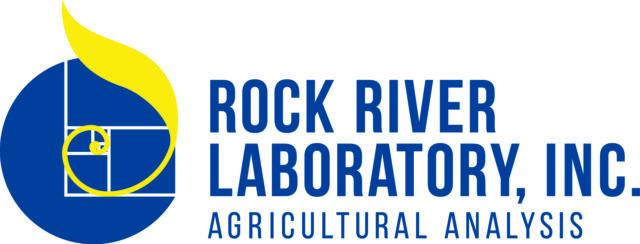As a young female farmer in her late 20s with a bachelor's degree in biology, public speaking seems like it is just part of who I am. Growing up in the era that I did, and as a student in the science field, it seemed as if multiple times throughout the year I was speaking in one of my classes or giving a talk on a science project. In addition, as a 10-year 4-H member, a demonstration was required yearly, which also led to my growth in public speaking. It was not until the past five years, though, that I really realized how critical public speaking engagements are in the field that I am in and how they must be done to get the word out about agriculture and how and where food comes from.
As I mentioned, starting in elementary school and continuing until my college capstone, talking in front of teachers, classmates, professors, etc. was just part of the normal education routine for people of my age, especially those in science as my education advanced. I never really thought much about it and just accepted it as something that I had to do. I can’t say that it made me nervous or that I didn’t like it, because that wasn’t the case, but it didn’t really excite me either. After graduating from college and entering a full-time career as a dairy farmer, I often found myself missing being able to give presentations, write papers, do speaking engagements and the like. That’s when I started reaching out to find outlets where I could use those skills, but on my terms, and talk and write about topics that I now had a genuine passion for – anything agriculture related.
With that, not only did speaking and writing now genuinely excite me since it could now be about topics of my choosing, but it also registered to me that this was a wonderful way to be able to fill the void between the producer and consumer in agriculture and give me, the producer, a chance to enlighten the consumer on how and where their food comes from, and in return it gives them the chance to ask any questions that they may have about agriculture and various farming practices. It is amazing to me, no matter what the age may be, how some consumers genuinely have no idea where their food comes from or what needs to take place to get food from farm to table.
A few years ago, I spoke to a group of adults at a local Rotary Club meeting, and one question I received was “Where does milk come from besides grocery store shelves?” From a young age, I knew exactly how milk was produced and every small detail that was involved in the process even before reaching the cow that made the milk. But, in a couple minutes, I tried to explain the process to the individual in hopes that they would be able to briefly see what it takes to feed the youngstock to then get the cow to the age of producing milk and then everything along the way from milker to bulk tank to milk truck to processing to grocery store to table. As farmers, I think we are all guilty at times of just assuming that people know where their food originates from and how it is created. In reality that is not the case, and we must be proactive in changing this and teaching consumers along the way.
Maybe public speaking is not your idea of fun or it makes you nervous – that’s OK. It definitely is not for everyone. But there are other ways that you can share your agriculture story and engage with consumers to help close the gap from field to table. Sometimes something as simple as striking up conversation with someone in the dairy aisle or checkout line at the grocery store can really make a difference in someone’s knowledge and opinion of farming. Within the past few months, I spoke to a group of 100 elementary school-aged kids, and in a little over one hour, I was able to answer 50-plus questions. From things as simple as what is a baby cow called (a calf) to more detailed questions such as what is TMR (total mixed ration) composed of, I genuinely felt like I left a positive mark on the younger generation and their views of farming. Not only do situations like those help them to see how and why we farm, but you never know when that might set off a light for a student to maybe start their dream to farm someday.
Overall, no matter what size of farm you have, or what your involvement is with agriculture, I encourage you to share your story any and every time you have the chance. We as farmers are a very distinct group of individuals that have passion and drive like no other, and to continue to have farmers in years to come, we must share what we do and the why behind doing it to hopefully inspire the next generation to want to get involved and to see the reason that farming is so critical to the success of everyone. As always, remember that farmers feed the world.






